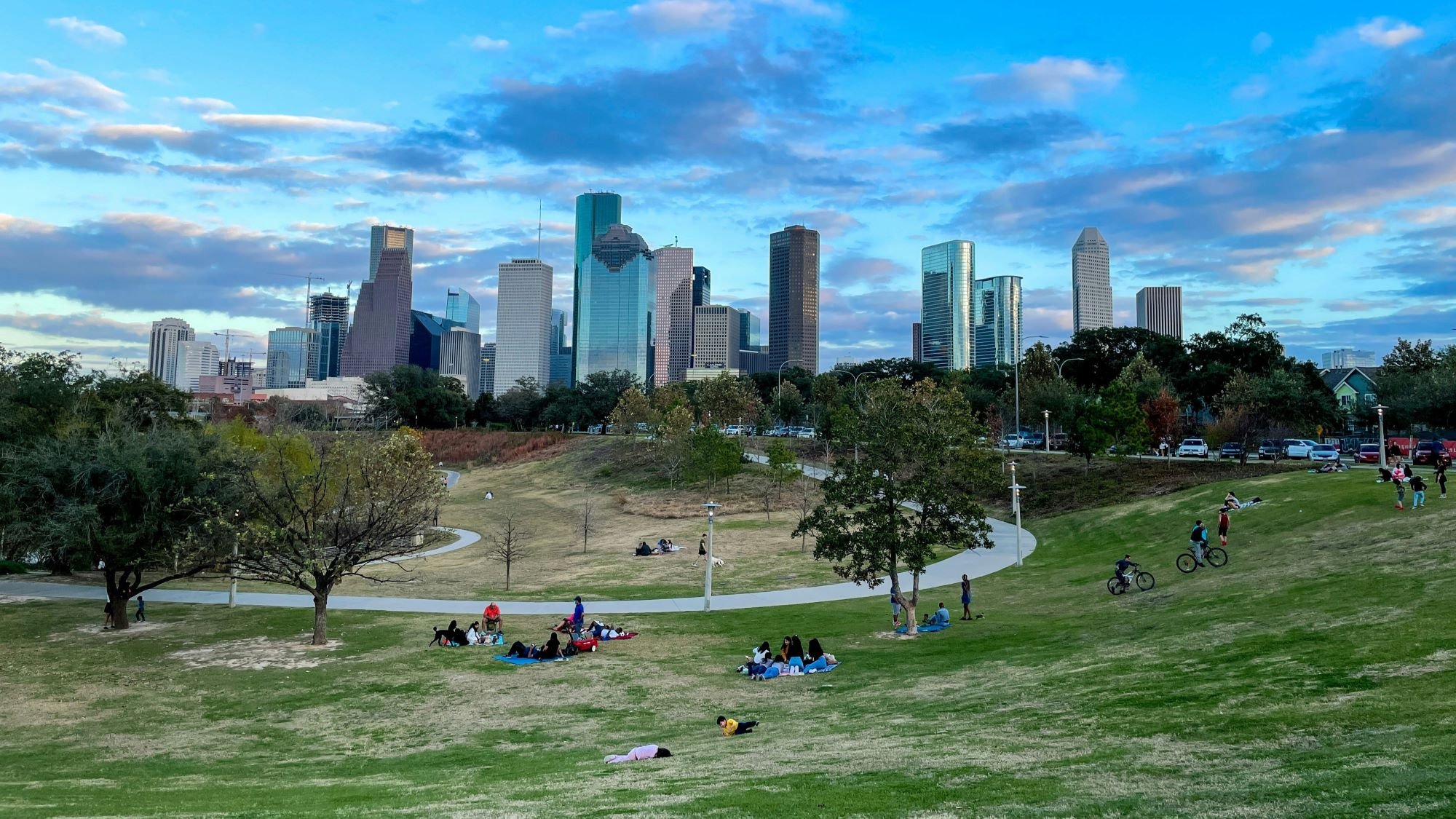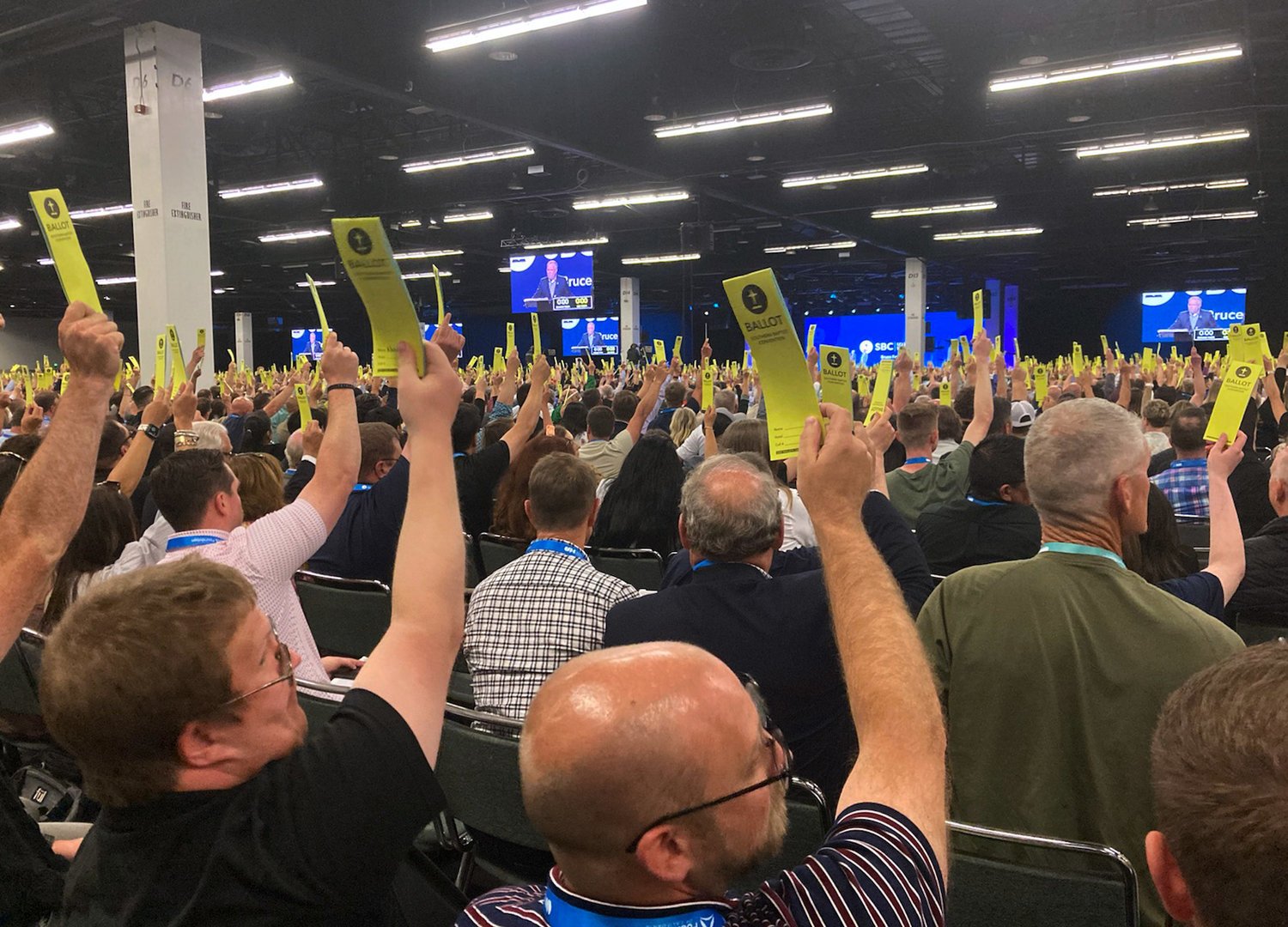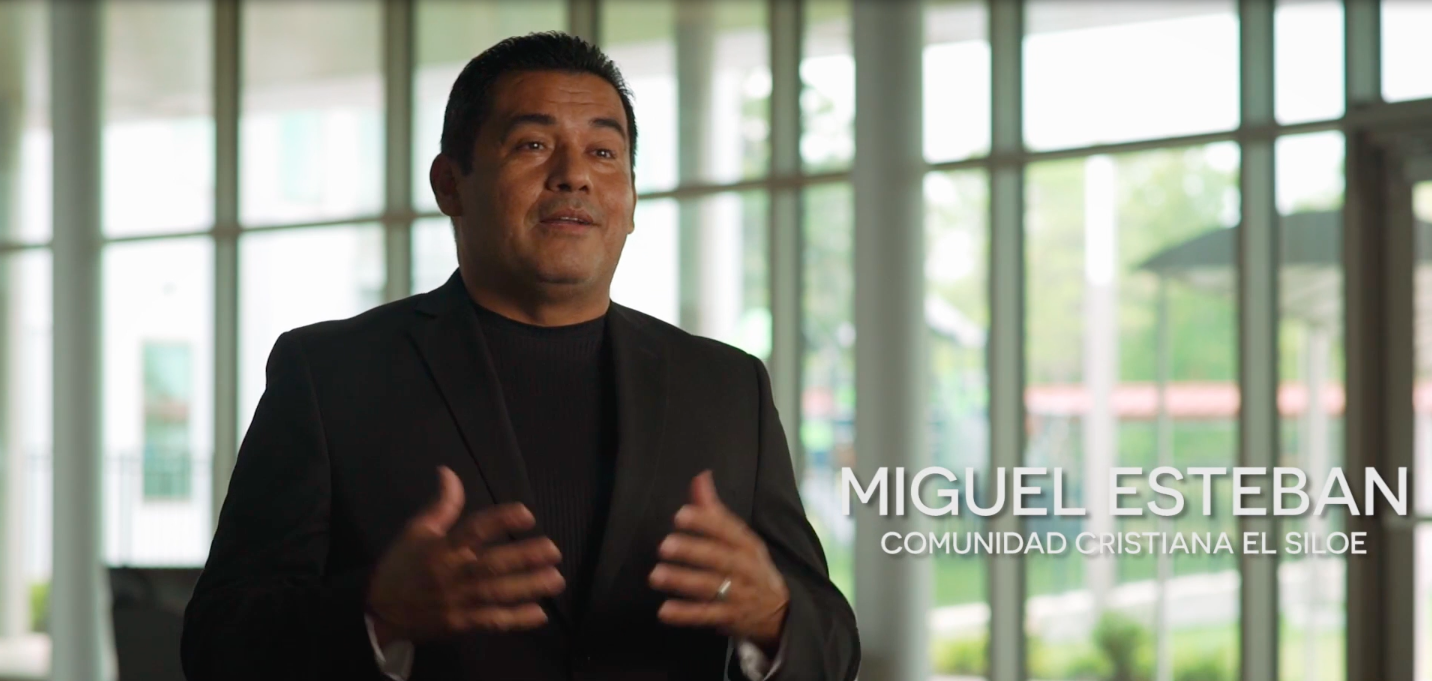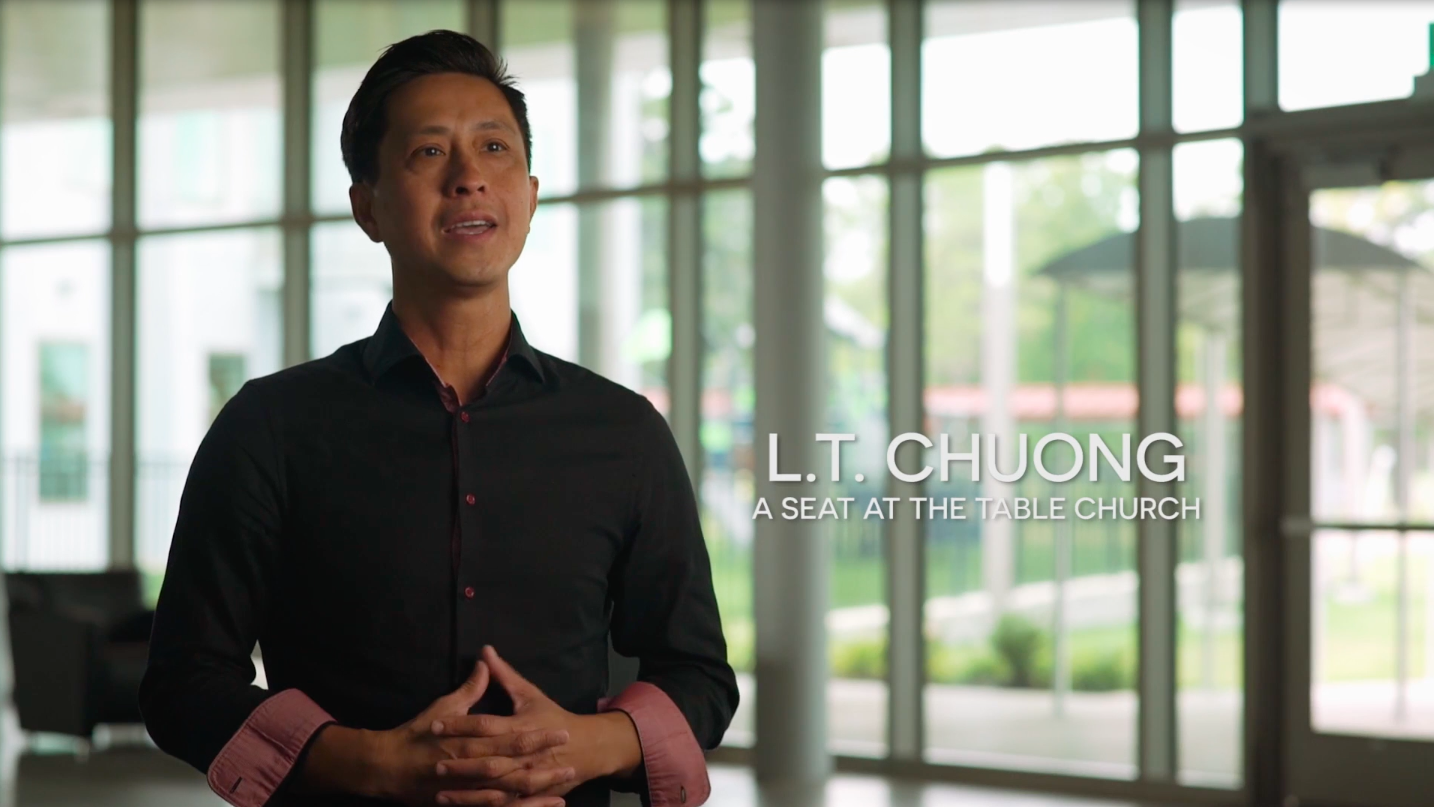Fridays in the Field
A lot of things have changed in twenty years. You can’t walk right to the gate of an incoming flight to greet a friend in town for a visit, but you can buy a whole lot more than just books, music, and videos from a growing e-commerce website called Amazon.
Twenty years ago, the greater Houston area had just over 4 million people, and today it has almost 7 million. Twenty years ago, Beltway 8 wasn’t a complete loop around the city. Today, the Beltway is being widened to accommodate traffic and isn’t even the farthest loop from the city’s center.
Twenty years ago, the I-45 the Gulf Freeway wasn’t finished…Well, some things haven’t changed.
The Office of Yesterday
Twenty years ago, the use of email was less than ten years old, everyone had a landline phone on their desk, and the majority of UBA correspondence to churches was done through a paper newsletter sent via US mail. Because we were so dependent on paper, much of the administrative work had to be done in the office. To be away from your desk meant missing phone calls and inevitably emptying out the message box upon your return.
Twenty years ago, the staff of UBA was mostly full-time employees. The staff designed our office hours to accommodate this culture, and we haven’t made a significant change to them since, except for an experiment started a few years ago.
The Office Experiment
The office has been closed at noon on Friday for as long as I’ve worked at UBA—almost 15 years—because the administrative staff will have completed their hours by then. The exempt staff was granted the afternoon off because of the constant flow of weekend activities in the service of our churches.
A few years ago, I proposed closing the office on Fridays and letting all staff work remotely on Friday, thereby saving everyone from a commute one day of the week. But there were questions:
“What if someone comes to the office and no one is here?”
“What if we miss a call when it comes in?”
“Do we have the technology to let all of our people work from home?”
“What if that creates the perception that we have an asset (our building) that we're not being good stewards of it?”
“Will people think that we’re off and just not working every Friday?”
These were all reasonable questions. So we started an experiment. We went to a rotating skeleton crew of three employees on Friday while everyone else worked remotely. We wanted to track how many phone calls came in on Fridays and how many unscheduled walk-ins came to the office. We wanted to see how many people made comments about “where everyone was” while we had such a light team.
And after a few years of that experiment, the results came back so minimal that they were comical. I think we’ve had two unscheduled Friday walk-ins in as many years—maybe less than that.
The Office of Today
Many secular companies are using working remotely as a strategic way to hire and retain the best talent. It is no longer seen as a way to just cut costs (though it does) and there is no longer a stigma between those who work in an office and those who work from home. “The computer manufacturer Dell, which is headquartered in Texas, wants to have 50 percent of its workforce working remotely at least some of the time by next year.”
UBA no longer has any landline phones. If you call the office line, you’re going to someone’s cell phone. Many UBA employees work odd hours because of retreats, conferences, meetings, consultations, and the like. Many of us work from home when the office is officially closed because only one person on the staff lives within a 10-minute drive of the office. Working “in the field” means being efficient and effective while also being out amongst our churches.
The technology of today affords us the opportunity to be more productive for UBA churches. We still need the office to host meetings and conferences, do certain large administrative tasks, and have collaborative team time, in addition to in-person meetings with people. Our building is used by numerous people and entities, and we are blessed to have it. But there is one conspicuous day that it tends not to get used: Fridays.
Fridays in the Field
A lot has changed in the last twenty years. The UBA team now consists of 14 people, but only five are full-time. Our team includes our Communications Specialist Marie, who works remotely from North Carolina, and the best group of people I know working tirelessly in the service of the churches of UBA.
Having consulted with the Moderators and the Association Leadership Council—and as a way to serve the team that serves you—we will be modifying our office hours to make the commute a little bit better, asking our team to work remotely on Fridays, and closing the office building on Fridays.
To answer your questions:
“Are you off on Fridays now?” NO.
“Does this mean you don’t need the building?” NO, but it does mean we’re saving a little money on our AC and electric bill every Friday.
“What if I need to talk to someone?” Call us, text us, email us, just as you would normally. I doubt you’ll even notice a difference.
“Can I still use the building?” Call us, and we’ll find a way to meet your needs.
Our new office hours are 8am-4pm Monday-Thursday, and Fridays in the Field. #BetterTogether
Josh Ellis is Executive Director of Union Baptist Association. He has a PhD in Leadership Studies and has served on the UBA staff since 2005. With both practical and scholarly knowledge, he leads the association into innovative collaboration for the sake of strategic gospel advancement.










